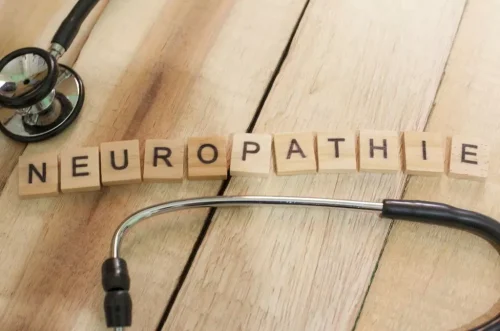
Talk to your healthcare professional or a mental health professional. These psychological techniques can be used alongside healthy coping strategies to manage stress more effectively and maintain overall wellbeing. If you are struggling to practice healthy coping skills or find yourself relying on unhealthy ones instead, talking to a mental health professional can be helpful. A therapist can work with you to develop new skills that will serve your mental well-being for years to come.
- Sometimes stress can manifest into physical symptoms, like temporary hives, one-day headaches, or long-term weight gain.
- Regular exercise has been shown to improve symptoms of common mental health conditions such as anxiety and depression (15, 16).
- Foam rolling adds pressure to those trigger points, signaling your body to increase blood flow to that area and for your muscle to relax.
- Your cortisol and adrenaline levels are constantly coursing at higher levels, and your body and mind don’t get the opportunity to wind down.
Stress Management Tools for the School Year

Regular exercise has been shown to improve symptoms of common mental health conditions such as anxiety and depression (15, 16). Stress is a common experience that can have very serious negative consequences if left unmanaged. However, learning how to cope with stress is vital and will positively impact different spheres of life.

A new global peace plan for ‘uniquely dangerous’ times
You may not realize it, but your diet can either boost your brainpower or sap you of mental energy. It can also make you more reactive to the healthy ways to cope with stress stress in your life. As a result, you might find yourself turning to high-sugar, high-fat snacks to provide a temporary sense of relief.

My Health Online
Proactive coping can also help people deal with unexpected life changes, such as a major change in health. A 2014 study found that people who engaged with proactive coping were better able to deal with the changes they encountered after having a stroke. For example, feeling sad after the death of a loved one can help you honor your loss. Finding people you trust — whether friends, family members, or coworkers — can help you mitigate the adverse effects of stress. The American Psychological Association recommends progressive muscle relaxation to combat stress and reduce anxiety.
- For an easy three- to five-minute exercise, sit up in your chair with your feet flat on the floor and hands on top of your knees.
- If this is the case, talking calmly to yourself can be the next best thing.
- Read about 5 steps to mental wellbeing, including the benefits of connecting with other people.
- Meditating consistently, even for short periods, may help boost your mood and decrease symptoms of stress and anxiety.
They noted that regular journaling may be linked to a higher quality of life, more proactive self-care behaviors, and other healthful behaviors, such as taking prescribed medications. Go out for a coffee with a friend, chat with a neighbor, call a family member, visit with a clergy member, or even hang out with your pet. Clinical studies show that spending even a short time with a companion animal can cut anxiety levels almost in half. Try these steps to focus on your breathing and repeat as needed.
Anxiety symptoms
- Gratitude helps you recognize all the things you have to be thankful for.
- Work on the things that need to get done today, and give yourself chunks of uninterrupted time.
- Evidence indicates that students who participate in regular physical activity report lower levels of perceived stress.
- We are all unique in our responses and in how we interpret events.
- So it’s important to create a lifestyle that will help you ward off stress and deal with challenges in a healthy way.
These science-based exercises will equip you and your clients with tools to better manage stress and find a healthier balance in your life. It is important to remember that stress isn’t the same for everyone. Figuring https://ecosoberhouse.com/ out what works for you may take some trial and error. Because they are fast-acting, breathing exercises are a great way to cope with moments of acute stress, such as right before an exam or presentation.

Practice Progressive Muscle Relaxation
- Or you can try guided sessions with the help of meditation apps or videos.
- Then, you’ll be able to pick a strategy that works best for your current circumstances.
- You can practice deep breathing or progressive muscle relaxation — both discussed above — between classes, at lunch, or before and after school.
- Stress can have a significant impact on both our physical and mental wellbeing.
- Deep breathing exercises can help slow your heart rate and calm you when the world feels like it’s spinning too fast.
A body that won’t wind down from ACTH and adrenaline can be impacted psychologically, physically, and emotionally. You might also overcome a stressful obstacle when the stressor only happens occasionally. When faced with the same stressor every day, though, you’re likely to handle it better on day 1 than on day 82, for example.
